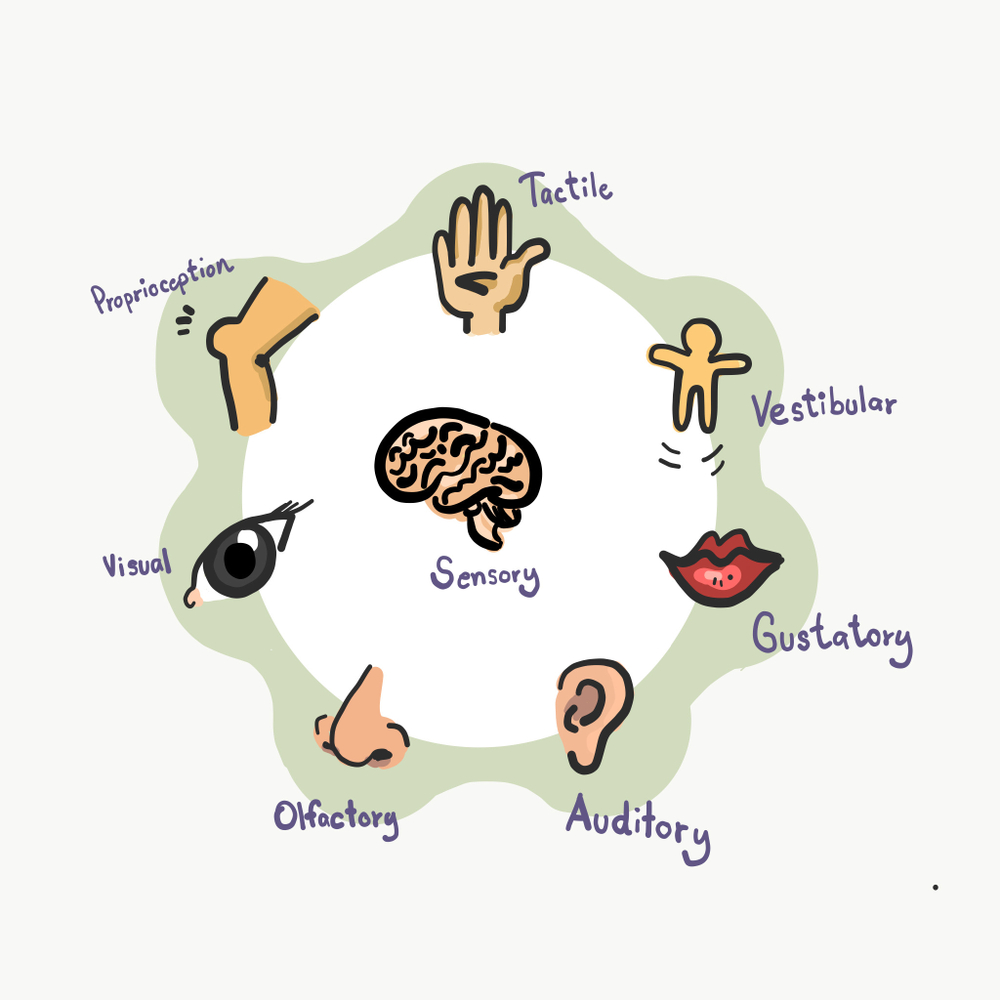

If you know that your senses get overwhelmed and trigger sensory overload, you can cope with the condition by recognizing your triggers.
AUDITORY SENSORY OVERLOAD SYMPTOMS HOW TO
Your child’s pediatrician may also have advice for how to help.

The National Autism Center, the ADHD Resource Center, and the STAR Institute for Sensory Processing Disorder all have resource pages with helpful tips, success stories, and community directories that you can use to find support. There are resources available to help children and parents who are highly sensitive to stimulation. Speak with your doctor about any concerns you have about your child’s learning and development. Limited expression of emotion, lack of eye contact, trouble concentrating even in quiet or subdued environments, and delayed speech development are all early signs of these conditions. Children who experience sensory overload may be able to work with an occupational therapist or other specialist to adapt to the school environment.įrequent sensory overload symptoms may indicate that your child had a sensory processing condition. Sensory issues may pose significant challenges for children at school, where young students must negotiate a vivid sensory environment. You may find that certain situations that trigger your child are easiest to simply avoid altogether. Giving your child language to explain what’s happening and letting them know that the way they’re feeling is normal, valid, and temporary can help them cope. Once you’ve learned to recognize your child’s triggers, you can slowly teach them how to recognize sensory overload. If your child cries uncontrollably when their face gets wet, reacts intensely to loud noises, or becomes anxious before entering a group gathering, your child may be experiencing sensory overload. Learning to recognize the signs of sensory overload early on can help you manage your child’s reactions. That means children are more likely than adults to experience sensory overload. Children’s brains are still developing and learning how to sort through different kinds of stimulation.

If you’re aware of a medical condition that presents sensory overload as a symptom, you may already be familiar with the strong reactions that sensory overload can cause.Ī 2004 study estimated that over 5 percent of kindergartners in the United States meet the criteria for sensory processing conditions.īut a child who experiences sensory overload doesn’t necessarily have a related condition. Sensory overload in children can be a challenge to recognize, treat, and cope with.

Other conditions related to sensory overload include: Learn more about coping with sensory overload when you have MS. Since MS is a condition that has to do with nerve impulses, it makes sense that too much stimulation from your senses can trigger sensory overload, especially when you’re having a flare-up of MS symptoms. Some people who have multiple sclerosis (MS) report experiencing sensory overload as a symptom of the condition. Frequent sensory overload can be a symptom of fibromyalgia. Researchers are still working to understand how this relates to fibromyalgia pain. Anticipation, fatigue, and stress can all contribute to a sensory overload experience, making senses feel heightened during panic attacks and PTSD episodes.įibromyalgia is related to abnormal sensory processing. Mental health conditions such as generalized anxiety disorder and PTSD can also trigger sensory overload. This can contribute to symptoms of sensory overload. With attention deficit hyperactivity disorder (ADHD), sensory information competes for your brain’s attention. Autism is associated with hypersensitivity to sensory input, making sensory overload more likely. Scientific research and firsthand accounts tell us that autistic people experience sensory information differently. Sensory overload is also a common symptom of certain health conditions. Conditions associated with sensory overloadĪnyone can experience sensory overload.


 0 kommentar(er)
0 kommentar(er)
